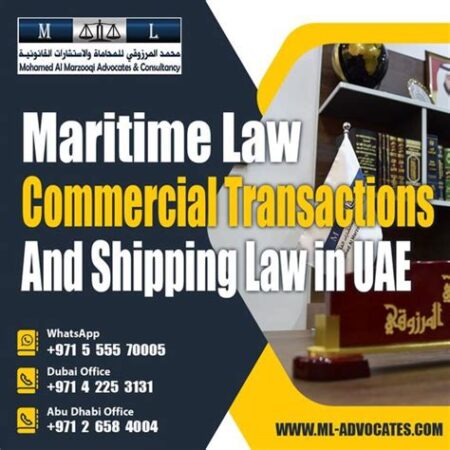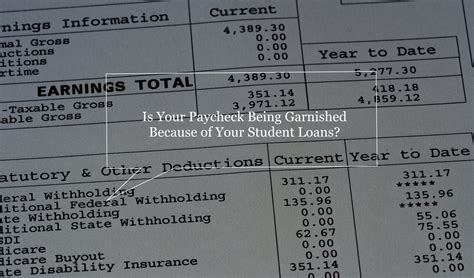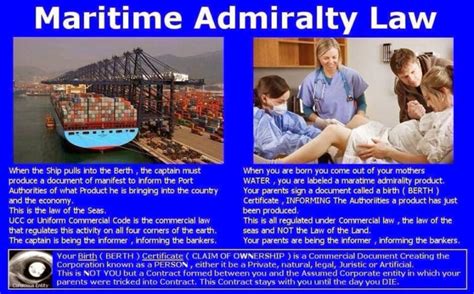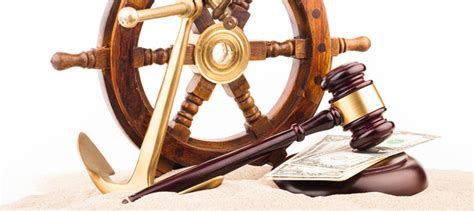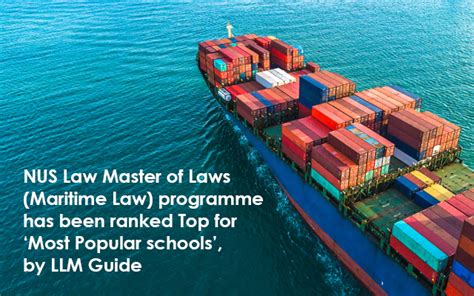
- Introduction
- Jurisdiction and Scope
- Regulatory Framework
- Enforcement and Compliance
- Maritime Zones and Regulations
- Tribunal and Arbitration
- Conclusion
-
FAQ about Dubai Maritime Law
- What is Dubai Maritime Law?
- Who does the Dubai Maritime Law apply to?
- What are the key provisions of the Dubai Maritime Law?
- How is the Dubai Maritime Law enforced?
- What are the penalties for violating the Dubai Maritime Law?
- How can I register a vessel in Dubai?
- How can I obtain a license to operate a maritime business in Dubai?
- What are the requirements for safe vessel operation in Dubai waters?
- What are the regulations regarding marine pollution in Dubai?
- How do I resolve a maritime dispute in Dubai?
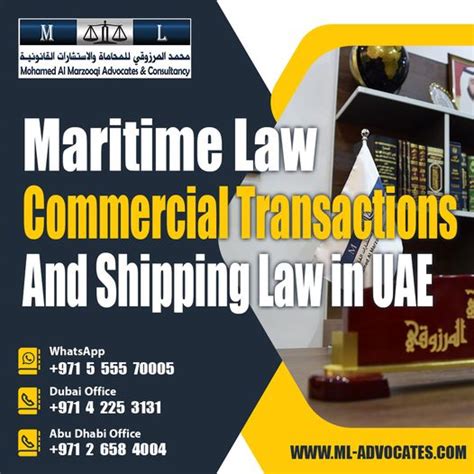
Introduction
Greetings, readers! Welcome to our comprehensive exploration of Dubai’s maritime law landscape. As a global maritime hub, Dubai has established a robust legal framework to govern its extensive maritime activities. This guide delves into the intricacies of Dubai maritime law, providing a detailed overview of its key principles, regulations, and implications.
Jurisdiction and Scope
Legal Framework
Dubai’s maritime law is primarily governed by the Federal Law No. 26 of 1981 concerning the Commercial Maritime Code (the "Maritime Code"). This code establishes the legal framework for all maritime matters within Dubai and the United Arab Emirates (UAE). It covers various aspects of maritime law, including ship registration, maritime contracts, carriage of goods, and maritime safety.
International Conventions
In addition to the Maritime Code, Dubai adheres to numerous international maritime conventions, including the United Nations Convention on the Law of the Sea (UNCLOS) and the International Convention for the Safety of Life at Sea (SOLAS). These conventions align Dubai’s maritime regulations with global best practices, ensuring compliance with international standards.
Regulatory Framework
Maritime Authority
The Dubai Maritime Authority (DMA) is the primary regulatory body responsible for enforcing Dubai’s maritime law and ensuring compliance within the emirate. The DMA regulates maritime activities, such as ship registration, port operations, and environmental protection. It also provides guidance on matters related to maritime safety, pollution control, and dispute resolution.
Maritime Courts
Dubai has specialized maritime courts to adjudicate maritime disputes and enforce maritime law. These courts handle cases involving ship collisions, cargo claims, maritime contracts, and other maritime-related matters. The Dubai International Financial Centre (DIFC) also has a specialized maritime court to resolve disputes arising from maritime activities conducted within the DIFC.
Enforcement and Compliance
Inspections and Audits
The DMA regularly conducts inspections and audits of vessels to ensure compliance with maritime regulations and safety standards. Non-compliant vessels may face penalties, fines, or detention. The DMA also collaborates with other maritime authorities to enforce international conventions and prevent maritime pollution.
Dispute Resolution
Disputes arising from maritime activities can be resolved through negotiation, mediation, or arbitration. The DMA provides mediation services to facilitate the settlement of disputes. Parties may also pursue legal action through the Dubai maritime courts.
Maritime Zones and Regulations
Port of Dubai
The Port of Dubai is divided into various zones, each with its own regulations and requirements. These zones include the Jebel Ali Port, Port Rashid, and Dubai Maritime City. The DMA regulates port operations, including vessel traffic management, cargo handling, and safety measures.
Special Economic Zones
Dubai has several designated special economic zones, such as the Dubai Maritime City and the Dubai International Financial Centre (DIFC). These zones offer specific incentives and benefits to maritime companies, such as tax exemptions, reduced bureaucratic procedures, and tailored regulations.
Tribunal and Arbitration
Dubai Maritime Arbitration Centre (DMAC)
The DMAC is a specialized arbitration center that provides a neutral forum for the resolution of maritime disputes. It offers a flexible and efficient arbitration process tailored to the needs of the maritime industry. The DMAC’s awards are final and binding, providing parties with a cost-effective and timely means of resolving disputes.
Other Arbitration Institutions
In addition to the DMAC, there are other international arbitration institutions that can be utilized for maritime disputes in Dubai. These include the Dubai International Arbitration Centre (DIAC) and the London Maritime Arbitrators Association (LMAA).
Conclusion
Dubai maritime law is a complex and dynamic field that governs the multifaceted maritime activities of the emirate. By adhering to the Maritime Code, international conventions, and the regulations enforced by the DMA, Dubai ensures a safe, efficient, and environmentally sustainable maritime environment. For further insights into specific aspects of Dubai maritime law, we encourage you to explore our other articles on related topics.
FAQ about Dubai Maritime Law
What is Dubai Maritime Law?
The Dubai Maritime Law, also known as Federal Law No. 26 of 2019, is a comprehensive set of regulations governing maritime activities in the Emirate of Dubai, United Arab Emirates.
Who does the Dubai Maritime Law apply to?
The law applies to all vessels and any other movable or immovable structures used for maritime activities in Dubai.
What are the key provisions of the Dubai Maritime Law?
The law covers a wide range of topics, including vessel registration, licensing, ownership, safety, marine pollution, and dispute resolution.
How is the Dubai Maritime Law enforced?
The Dubai Maritime Authority (DMA) is responsible for enforcing the law. The DMA has the power to inspect vessels, issue penalties, and take enforcement actions against violators.
What are the penalties for violating the Dubai Maritime Law?
Violations of the law can result in fines, imprisonment, or both. The penalties vary depending on the severity of the violation.
How can I register a vessel in Dubai?
To register a vessel in Dubai, you must submit an application to the DMA along with the required documentation and fees.
How can I obtain a license to operate a maritime business in Dubai?
To obtain a license to operate a maritime business in Dubai, you must submit an application to the DMA and meet certain requirements, such as having a local sponsor.
What are the requirements for safe vessel operation in Dubai waters?
Vessel operators must comply with various safety regulations, including having qualified crew, maintaining the vessel in good condition, and adhering to traffic rules and regulations.
What are the regulations regarding marine pollution in Dubai?
The law prohibits the discharge or release of pollutants into Dubai waters. Vessel operators must have plans in place to prevent and respond to marine pollution incidents.
How do I resolve a maritime dispute in Dubai?
Maritime disputes can be resolved through arbitration or the courts. The Dubai Maritime Law provides specific procedures for dispute resolution.
